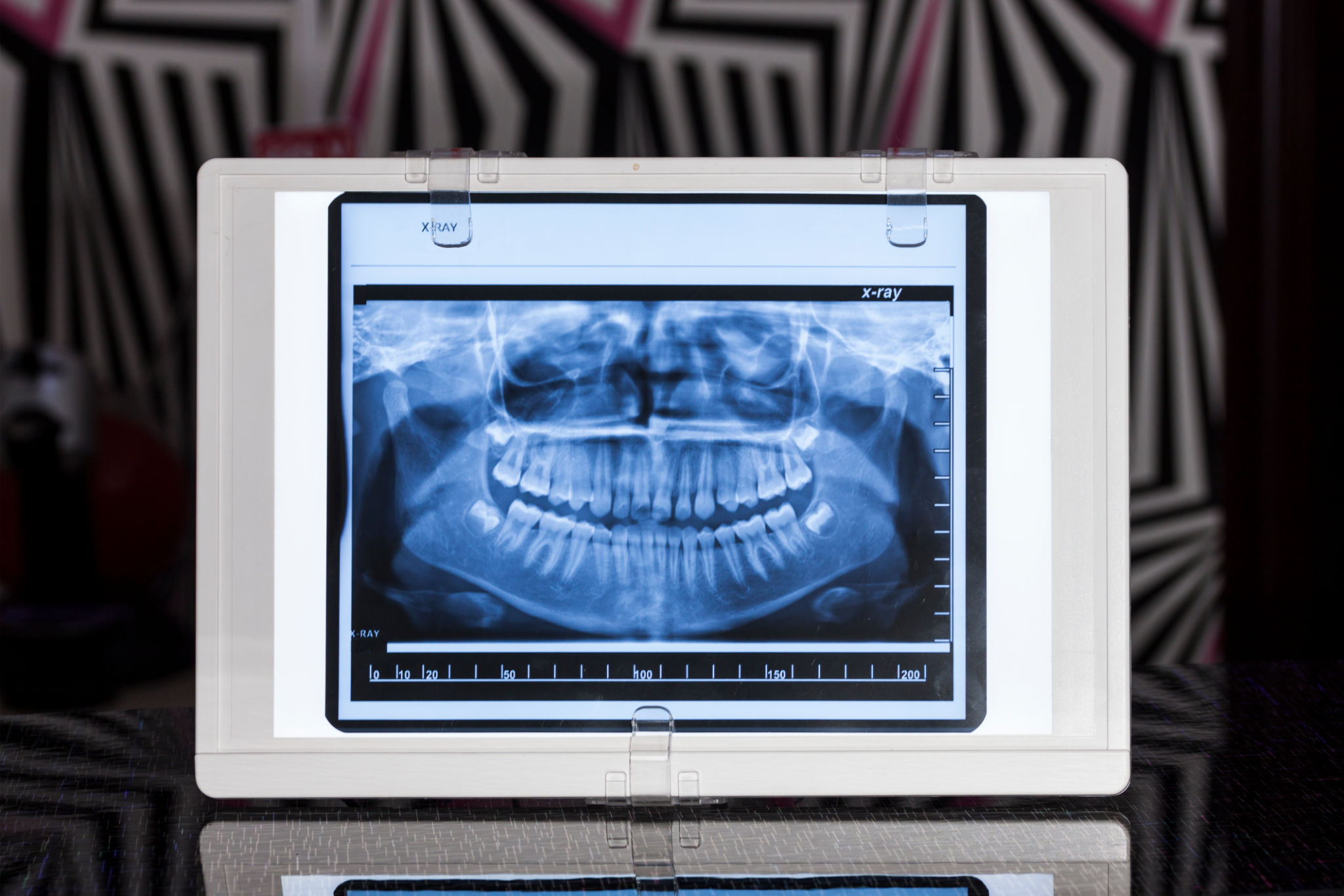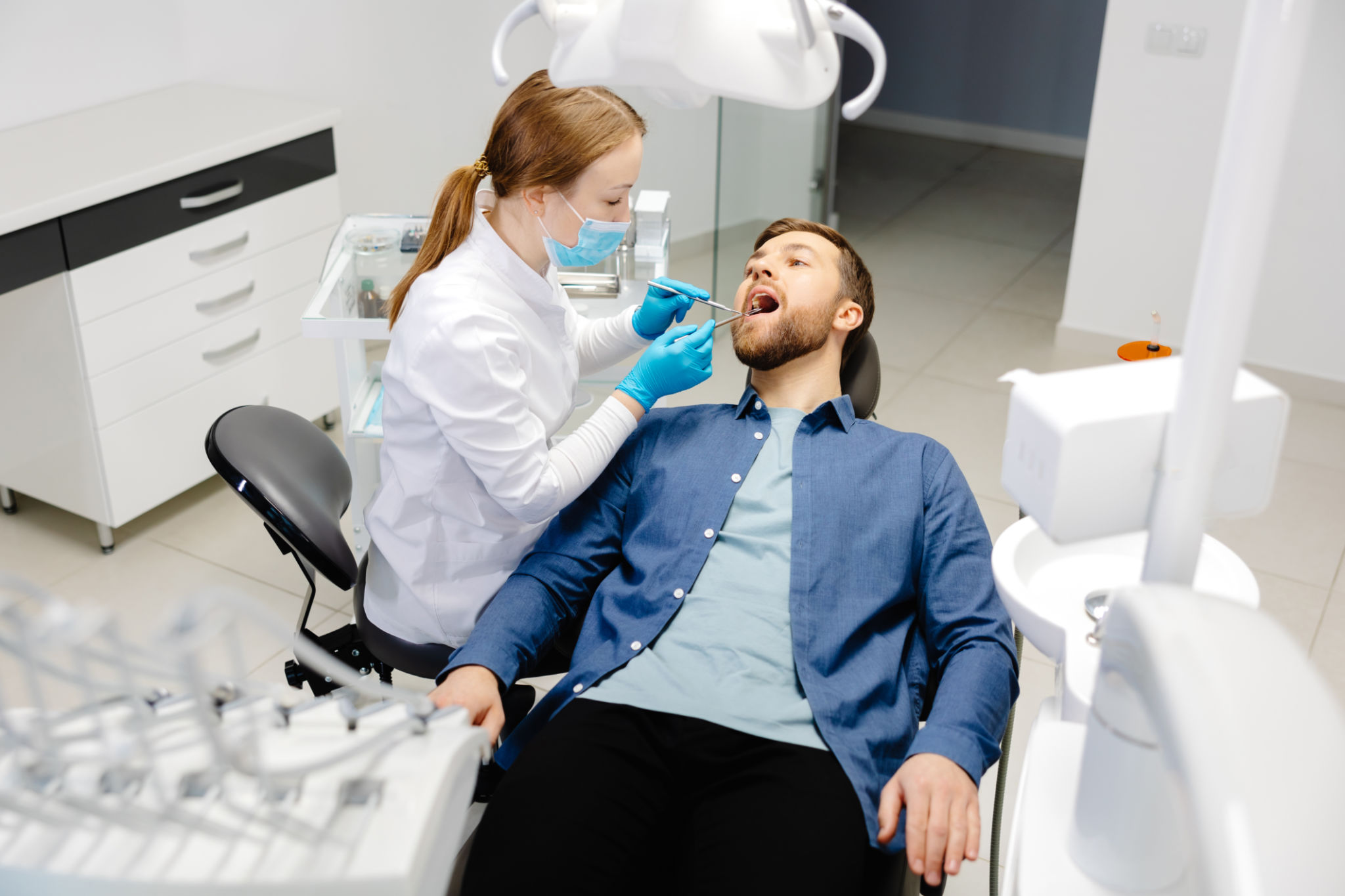Myths About Wisdom Teeth Removal Debunked
Understanding Wisdom Teeth
Wisdom teeth, also known as third molars, are the last set of teeth to emerge in the mouth, typically appearing between the ages of 17 and 25. Despite their name, wisdom teeth don't necessarily make you wiser, but they can cause discomfort or complications. Many myths surround the removal of wisdom teeth, leading to confusion and anxiety about the procedure.

Myth 1: Everyone Needs to Have Their Wisdom Teeth Removed
One common misconception is that everyone must have their wisdom teeth extracted. In reality, not all wisdom teeth need removal. If they are healthy, fully erupted, and properly aligned, leaving them in place is often perfectly fine. Dentists typically recommend removal only if the wisdom teeth are impacted, cause crowding, or lead to other dental issues.
Myth 2: Wisdom Teeth Removal Is Extremely Painful
The idea that wisdom teeth extraction is excruciating is another myth that scares many people. Thanks to modern anesthesia and sedation techniques, the procedure itself is generally painless. While some discomfort and swelling may occur during recovery, following post-operative care instructions can significantly minimize pain.

Recovery and Complications
Recovery from wisdom teeth removal varies for each individual but usually takes a few days to a week. Applying ice packs and taking prescribed pain medications can help manage discomfort. It's crucial to follow your dentist's advice regarding diet and oral hygiene during this period to avoid complications.
Myth 3: Wisdom Teeth Removal Causes Long-Term Issues
Some people worry that removing wisdom teeth might lead to long-term problems like jaw weakness or tooth misalignment. However, these concerns are largely unfounded. When performed by an experienced oral surgeon or dentist, the procedure is safe with minimal risk of significant long-term effects.

Post-Removal Care
Proper care after wisdom teeth removal is essential for a smooth recovery. Here are some tips:
- Avoid drinking through a straw to prevent dislodging the blood clot.
- Stick to soft foods and liquids for the first few days.
- Maintain oral hygiene by gently rinsing your mouth with salt water.
Myth 4: You Can Resume Normal Activities Immediately
Although some people believe they can resume normal activities right after surgery, it's important to rest for at least a day or two. Engaging in strenuous activities too soon can increase bleeding or swelling.
Conclusion
Understanding the facts about wisdom teeth removal can help alleviate fears and misconceptions. It's always best to consult with a dental professional who can evaluate your specific situation and provide personalized advice. Remember, the goal of wisdom teeth extraction is to maintain optimal oral health, ensuring a comfortable and healthy smile.